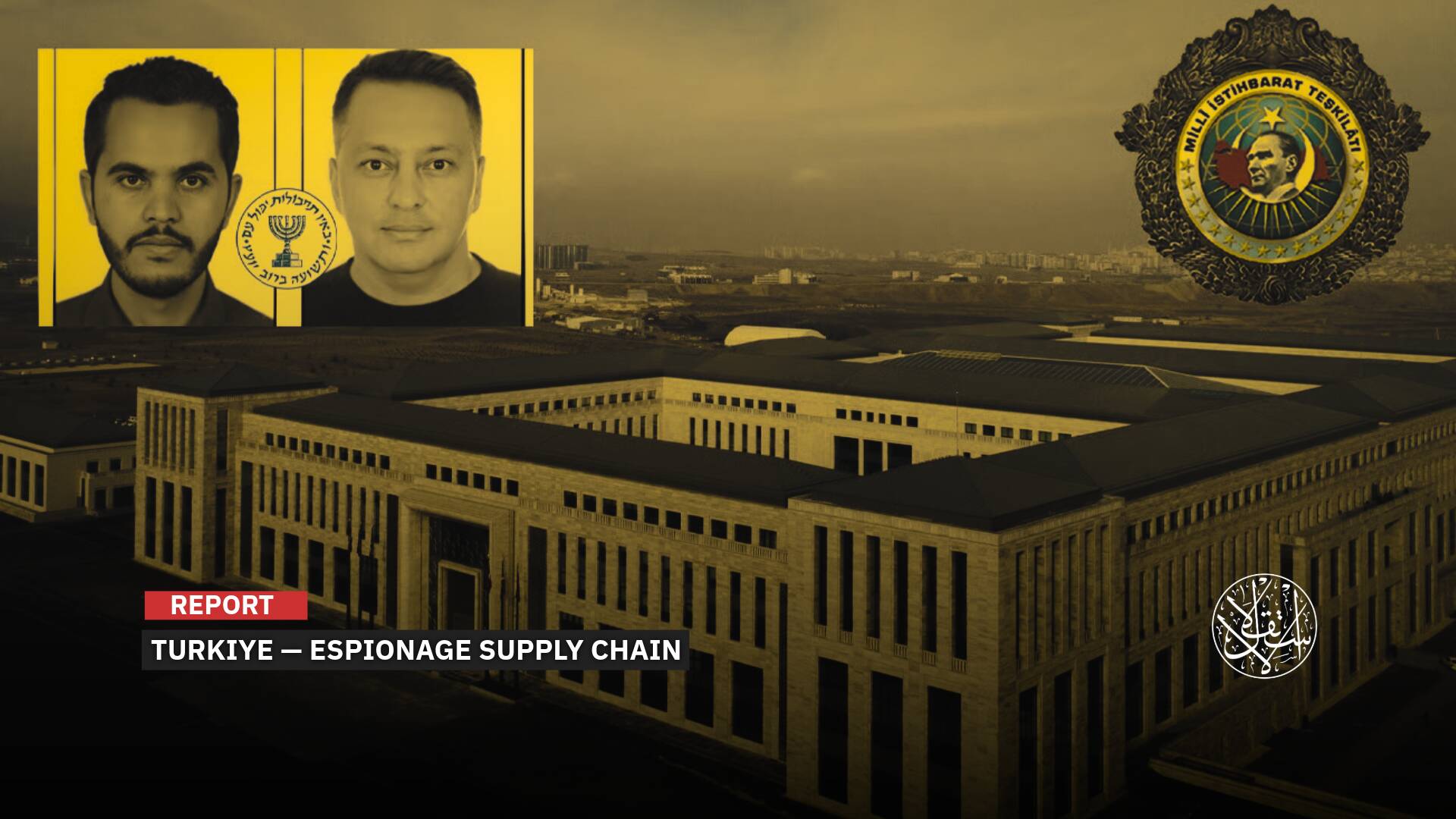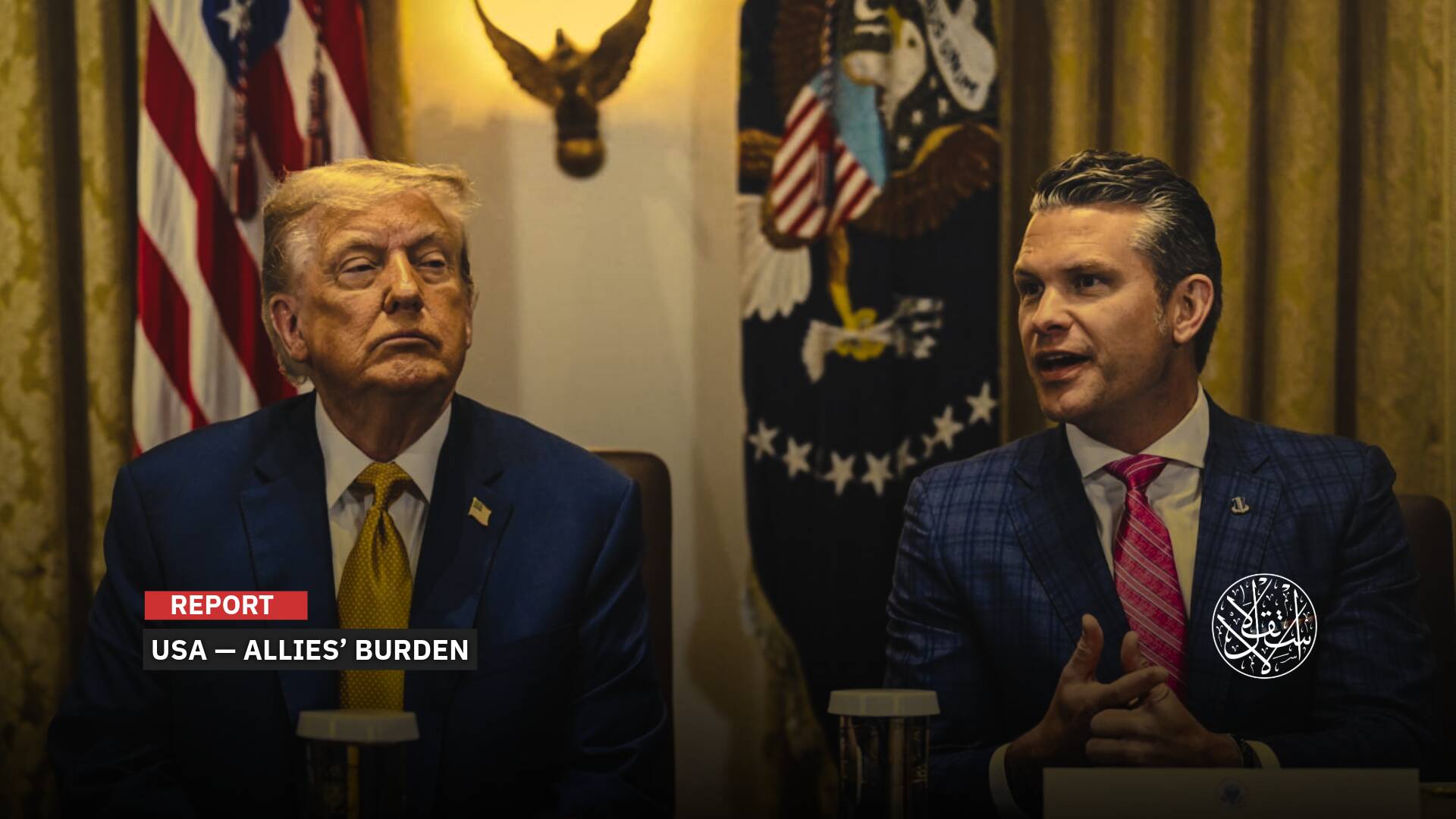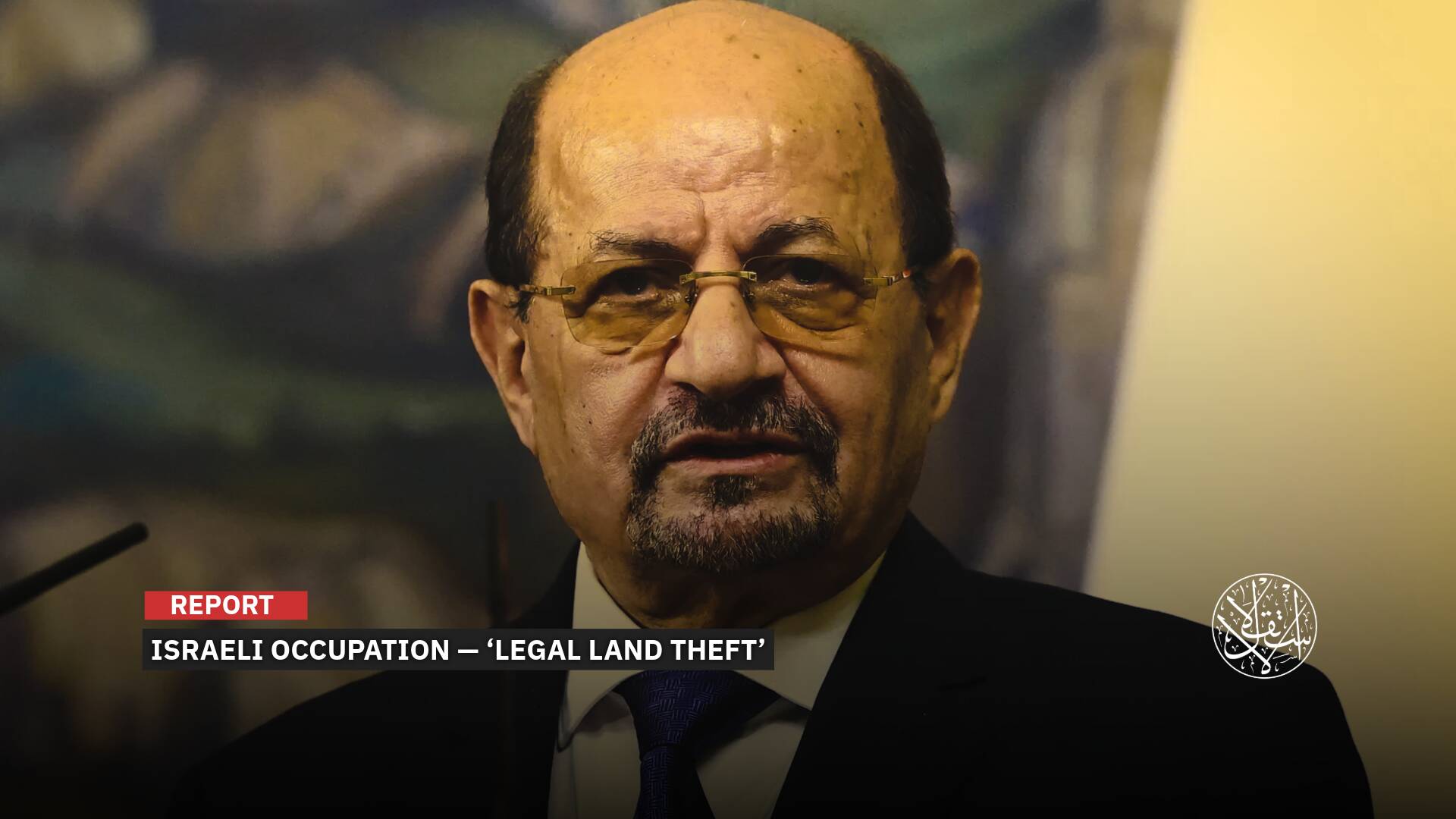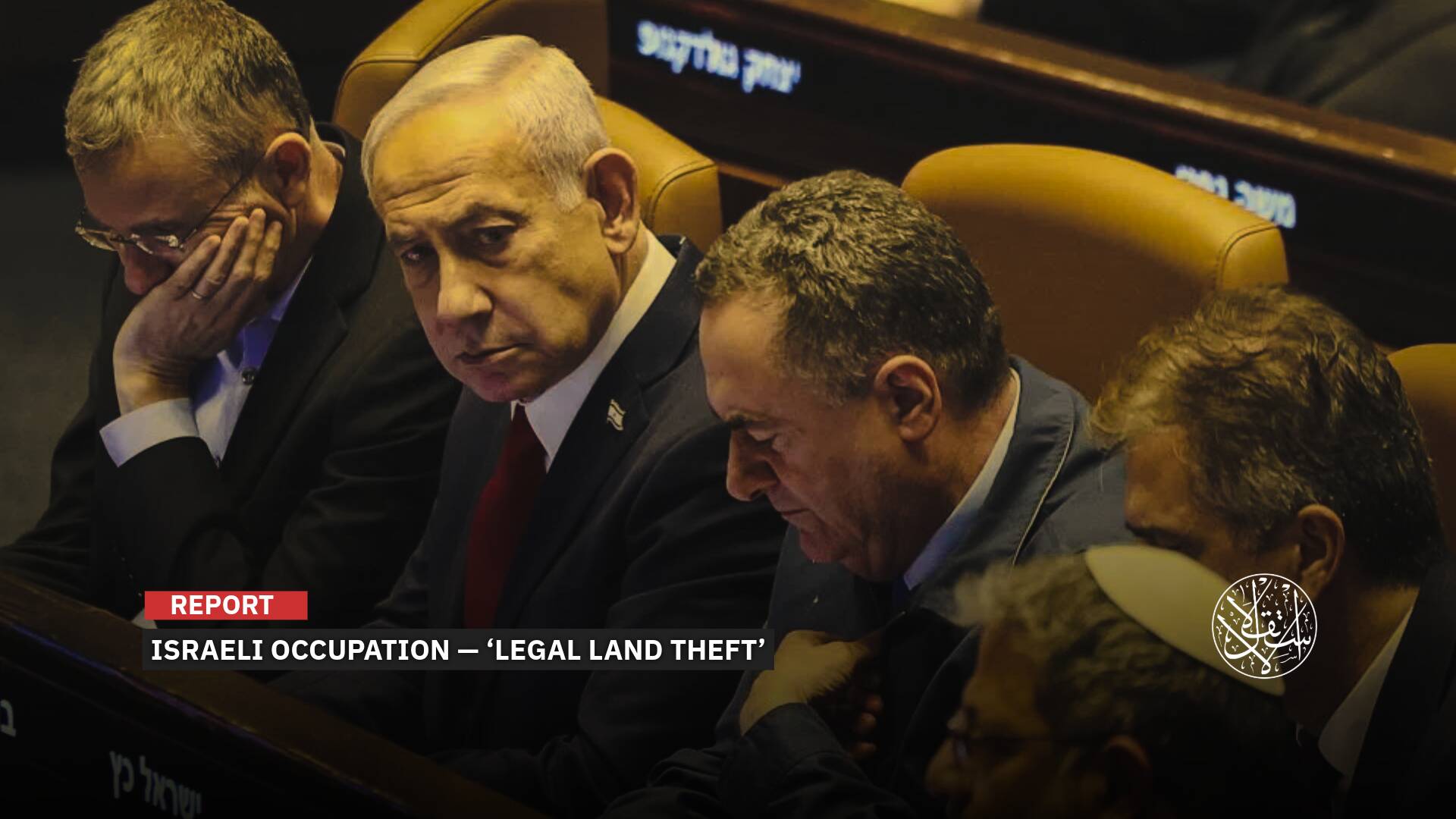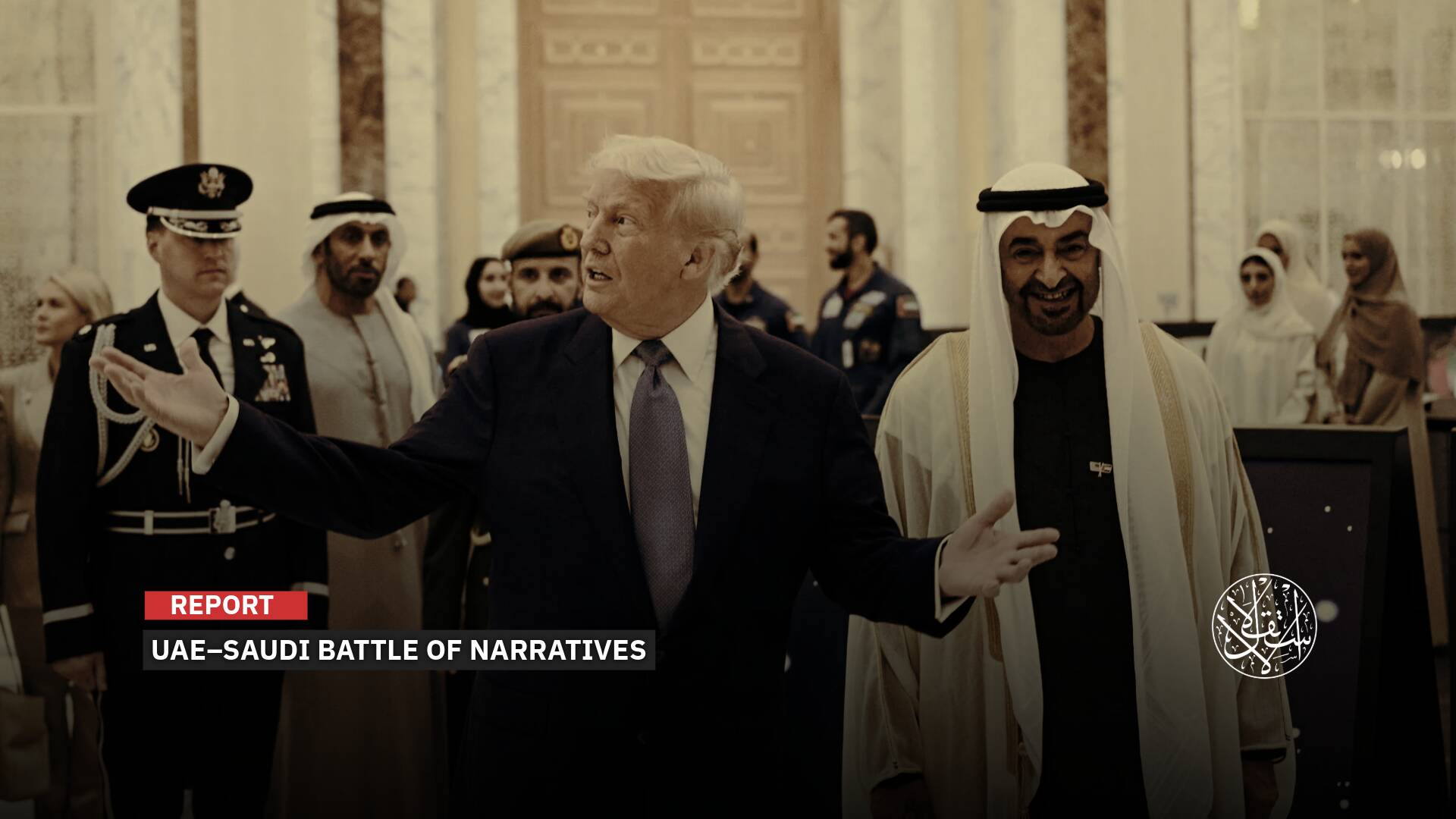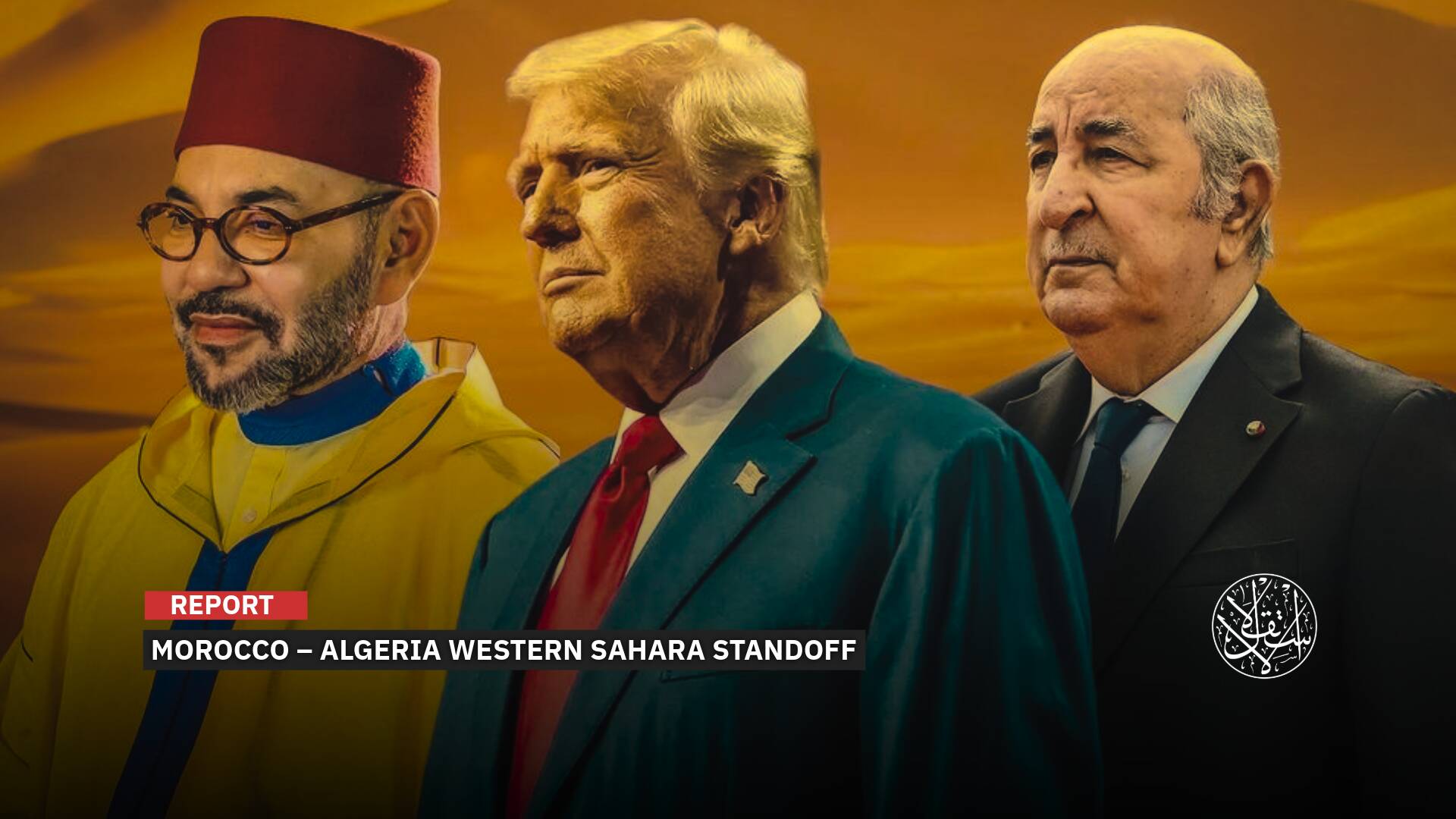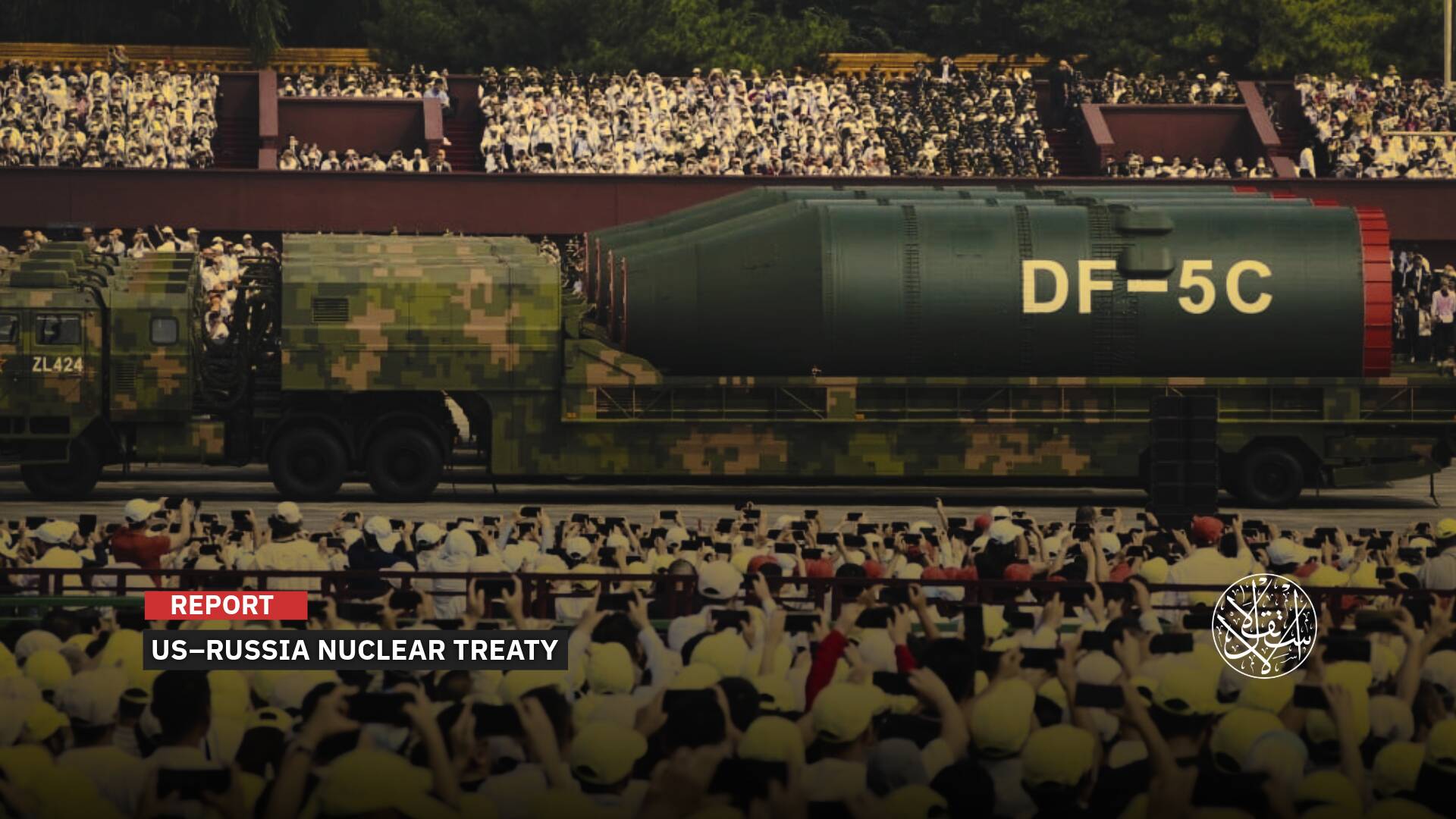From Friend to Foe: How Brazil Became One of ‘Israel’ Fiercest Opponents

Brazil would prioritize cooperation with Arab countries, particularly Palestine.
Brazilian President Lula da Silva's strong stance on the Arab region goes beyond Palestine and has recently extended to Lebanon, which is facing escalating Israeli aggression.
On October 7, 2024, as part of the ongoing Israeli war on Lebanon, a group of around 225 Lebanese, many holding Brazilian citizenship along with their relatives, arrived in Brazil.
In a remarkable gesture, President da Silva and his wife personally welcomed them at the airport, celebrating their arrival and affirming Brazil’s full support.
“We are a country with a very generous heart, and we know the importance that the Arab people have for the culture established throughout the world,” Lula said.
“As long as there is a comrade, whether Brazilian or related to one, there in Lebanon who wants to come to Brazil, we will go and get them, because we will not leave anyone behind.”
As one of Latin America's most vocal critics of “Israel,” Lula da Silva has steered Brazil from being a strategic ally to a staunch adversary of the Israeli Occupation state. What factors and events led to this significant shift in Brazil's foreign policy?

Accusations Against ‘Israel’
One of President Lula da Silva's most assertive moments came on September 25, 2024, during a UN session in New York, when he was asked about reports indicating the deaths of over 500 civilians in Lebanon in a single day.
Da Silva condemned the actions of the Israeli Occupation in the Palestinian territories as “genocide,” emphasizing that civilians in the occupied West Bank are also being killed in what he described as “systematic killing.”
He also referenced the legal actions against Israeli Prime Minister Benjamin Netanyahu, who is facing charges at the International Criminal Court for war crimes, and called on the UN Security Council to take action.
In support of this, he emphasized that this is why “we” are fighting to strengthen the UN, so it can make decisions and take action.
Unwelcome Figure
Lula da Silva's stance also significantly affected defense relations between Brazil and “Israel.”
On September 7, 2024, he blocked a $200 million deal to purchase 36 ATMOS self-propelled howitzers from Israeli Elbit Systems, driven by his support for Palestine during the Israeli aggression on Gaza, a decision that clashed with his Defense Minister Jose Mucio's intentions to secure these military assets.
“Israel” had already declared da Silva persona non grata on February 19, 2024, demanding he retract comments where he described “Israeli military operations” in Gaza as genocide committed by the Nazis during World War II.
Israeli Foreign Minister Israel Katz told Brazil’s Ambassador Federico Mayer that “Israel will not forget and we will not forgive."
“In my name, and the name of all Israeli citizens,” said Katz, “tell President Lula that he is persona non grata in Israel until he retracts his statements.”
Just a day before Katz’s statement, da Silva had spoken at the African Union Summit in Addis Ababa, Ethiopia, accusing “Israel” of committing “genocide” in Gaza, likening it to the Holocaust. He said, “It's not a war of soldiers against soldiers. It's a war between a highly prepared army and women and children.”

Before Da Silva
Brazilian-Israeli relations took a different turn after President Lula da Silva assumed office in January 2023. At that time, speculation rose regarding the direction of his foreign policy, especially on the Palestinian issue. Analysts saw his election as a major win for Palestine, with a strong ally now in Latin America's largest and most influential country within the international system.
With his left-leaning views, da Silva had pledged during his campaign to address the ongoing Palestinian crisis and oppose the injustice inflicted by successive Israeli governments. This was a clear contrast to the previous administration under right-wing President Jair Bolsonaro (2019-2023), who had cultivated close ties with “Israel” and was known for his strong enthusiasm for deepening cooperation with “Tel Aviv.”
Bolsonaro’s wife, Michelle, famously wore an Israeli flag shirt while voting during the October 2022 presidential elections. Israeli army analyst Eitay Mack revealed that declassified documents from the Foreign Ministry showed that “Israel” had hoped for the extension of Brazil's military regime, which ruled from 1964 to 1985, as both nations had developed strong relations based on mutual support, security cooperation, and even nuclear collaboration.
Mack highlighted in a November 17, 2018 article that the Brazil-”Israel” relationship during the military era extended into the nuclear sector and was characterized by close intelligence and security ties.

‘Concerning Rise’
Lula da Silva's return to power has sparked renewed concerns in "Israel," raising uncertainty about the future of bilateral relations. On January 12, 2023, Yedioth Ahronoth reported that the new Brazilian president had already begun making significant changes to his country's relations with “Israel.”
One of Lula's first moves was the removal of Brazil’s ambassador to “Tel Aviv,” General Gerson Menandro Garcia de Freitas, who was appointed by his predecessor, Bolsonaro. De Freitas had been a strong advocate for military cooperation between the two nations and even suggested moving Brazil’s embassy to occupied Jerusalem.
The Hebrew newspaper emphasized that the future of ties between Brazil and “Israel” remained unclear under Lula’s leadership. Adding to this concern, Brazilian Foreign Minister Mauro Vieira announced that Brazil would prioritize cooperation with Arab countries, particularly Palestine.
Sources
- With great emotion, Brazilian President Welcomes Over 200 Returnees from Lebanon [Arabic]
- Disagreement Between Brazilian President and Defense Minister Over Arms Deal with Israel [Arabic]
- Israel Labels Brazilian President as Persona non Grata and Accuses Him of Antisemitism [Arabic]
- Brazilian President: Israel's Actions in Palestine Is a 'Genocide '[Arabic]
- Revelation of Security Ties Between Israel and the Brazilian Dictatorship [Arabic]
- New Brazilian President Dismisses Ambassador to Israel: What’s the Reason? [Arabic]
- Israel declares Brazil’s Lula persona non grata for comparing Gaza war to Holocaust
- ‘If that's not genocide, I don't know what genocide is’: Brazilian president says on Gaza situation



